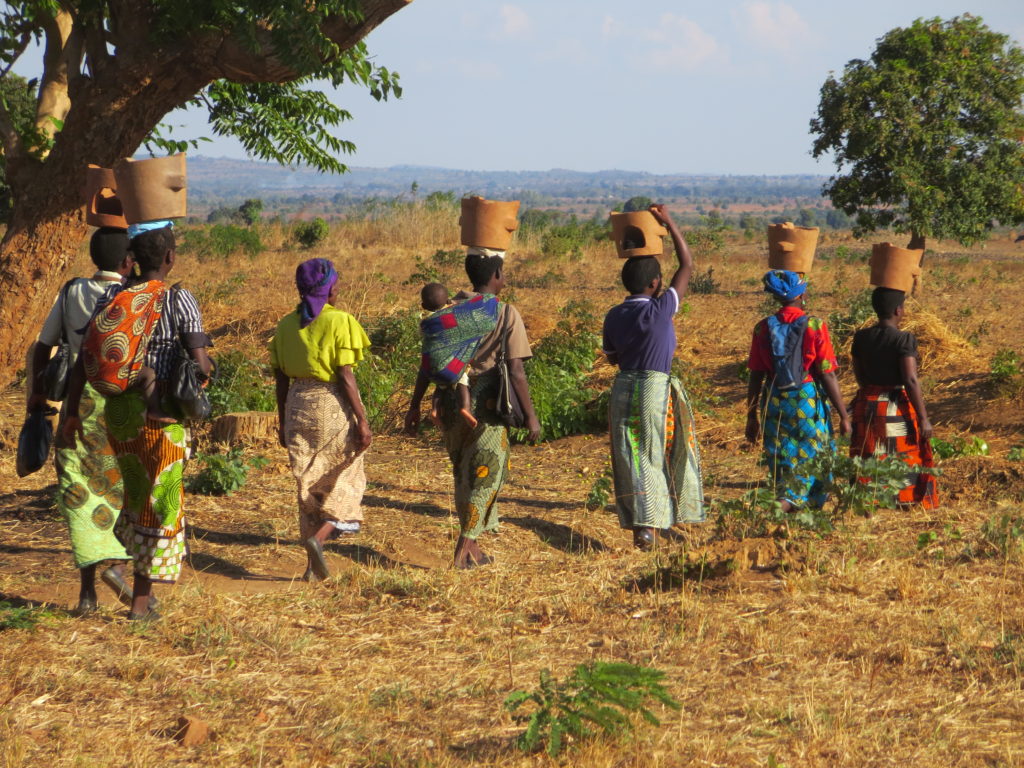
Throughout the developing world access to modern energy services including electricity for lighting, modern fuels for cooking and heating, and energy efficient technologies for households and businesses are limited. The persistence of energy poverty, or lack of access to modern energy services, has serious implications for the well-being of individuals and communities, environmental factors including forest ecosystems and air quality, the stability of national economies, and prospects for economic growth. This project seeks to understand the impact of strategies to improve access to modern energy services in Southern Africa, a region lagging far behind the rest of the world in energy access. This complex problem requires contributions from engineering, and natural and social sciences, with integration of evidence and learning using interdisciplinary frameworks and connections to project implementers and policy makers.
We evaluate the environmental and human well-being impacts of real-world interventions that rely on promotion of new technologies and/or incentives for behavior change. We also investigate the social, demographic, and spatial dimensions of energy poverty in national perspective by analyzing geographic variables as determinants of energy poverty, and consider the question of optimal scale of implementation of interventions for maximizing environmental benefits and human well-being. We introduce social ecological systems frameworks and theories of population and environment dynamics into the study of energy poverty.
Through the Energy Poverty PIRE in Southern Africa (EPPSA) we will foster and sustain a network of academic, practitioner, and policy communities to fill critical gaps in the theoretical and empirical evidence base regarding strategies for mitigating energy poverty in Southern Africa. International partnership is critical to the identification and study of important novel and scalable energy poverty innovations, analyzing the socio-environmental causes and consequences of energy poverty at multiple-scales, and to developing a virtuous cycle of evidence based policy making. The EPPSA will train over 70 postdoctoral, graduate and undergraduate researchers from disciplines as diverse as anthropology and engineering in excellence in interdisciplinary collaborative research in low resource international settings.
Core partners include North Carolina State University, RTI International, the Lilongwe University of Agriculture and Natural Resources (Malawi), Copperbelt University (Zambia), and the University of Zimbabwe. We also will work with Winston Salem State University and North Carolina Agriculture and Technology to recruit undergraduate students to participate in EPPSA research projects.
The Carolina Population Center plays a critical role as the home of the interdisciplinary EPP. Faculty Fellows Pam Jagger (PI) (Public Policy), Michael Emch (Co-PI) (Geography) and Barbara Entwisle (Co-PI) (Sociology) lead the UNC-CH team. Our Co-Investigators at NCSU are Andrew Grieshop (Civil, Construction and Environmental Engineering), Steve Kelley (Forest Biomaterials), and Erin Sills (Forestry and Natural Resources). Dr. Mike Gallaher from RTI, Center for Environmental, Technology and Energy Economics is part of the team. Our international partners include Drs. Jumbe and Chilongo (CARD, LUANAR), Drs. Kabwe and Kalaba (Natural Resources, CBU), and Drs. Feresu and Grundy (IES, UZ).
The EPP is funded by the National Science Foundation Partnerships in International Research and Education (PIRE) Program. The EPPSA will start January 2018 and run for 5 years.
For more information contact EPPSA Director/Principal Investigator: Dr. Pamela Jagger, University of North Carolina at Chapel Hill at pjagger@unc.edu or email eppsa@unc.edu. We will be updating this page throughout the Fall 2017 Semester – so please watch this space and check in regularly with the Carolina Population Center Training Program Website.

#EPPSA

